C. M. Rubin’s Global Education Report
Isolation and bigotry appear to be on the rise. How do we develop global citizens with the skills and competencies to empathize with one another? The United World Colleges (UWC) aims to combat the problem by producing thoughtful, committed and empathetic students who are able to consider global issues from the perspective of several different cultures. This month,The Global Search for Education invited the school’s president, Dr. Victoria Mora, and Executive Director of UWC, Jens Waltermann, to talk about the importance of empathy, compassion and diversity and why it’s integral to all our futures.
As automation and artificial intelligence continues to disrupt our workplaces and our societies, experts agree that skills, and particularly social skills, are a critical part of future learning for all youth. Sports are especially beneficial for promoting well-being in youth with behavioral problems and disadvantaged backgrounds. Based in Finland, Icehearts is a child-centered program developed to prevent social exclusion and school dropouts among children and youth. The program runs from pre-school through high school and attempts to bring about change in communities by recruiting at risk youths into ice hockey teams. This month, we welcomed Icehearts founder, Ville Turkka, to talk about how the program is helping children develop the social skills to contribute to society in a respectful and tolerant way.
For the third year running, BRAC (the world’s largest NGO founded in 1985) has been ranked the world’s Number One NGO ( NGO Advisor). Headquartered in Dhaka, Bangladesh, BRAC operates in 11 different countries, employs more than 100,000 people and is focused on educating the world’s poorest people. Roughly 1.1 million students in 8 different countries get an education at a BRAC School. As BRAC’s Founder and Chairperson Sir Fazle Hasan Abed likes to say, “In addressing any widespread problem, innovation alone is not enough without reaching significant scale. While small may be beautiful, large is essential.” The Global Search for Education welcomed Donella Rapier, the president and CEO of BRAC, to learn more about the organization’s efficient and impactful methods.
Why do teachers become teachers in the first place? Research indicates it’s for a number of reasons, including the variety of job offers, love of their subject or a great experience in their own schooling that inspired them to make a difference in the lives of others. Research also indicates that to improve the quality of candidates for teacher training programs and to motivate teachers to enter and stay in their profession, it’s essential to offer competitive pay.
This month we asked our top global teachers: If we make teaching a more financially attractive career, will it improve global education overall? “I believe the real, unspoken question that is being asked is, “Is it worth investing in our teachers?” writes Michael Soskil. “Is it worth taking money away from all the other places we spend it in in order to pay teachers more.”
Our thanks to our teachers and all our contributors and supporters around the world.
Join me and globally renowned thought leaders including Sir Michael Barber (UK), Dr. Michael Block (U.S.), Dr. Leon Botstein (U.S.), Professor Clay Christensen (U.S.), Dr. Linda Darling-Hammond (U.S.), Dr. MadhavChavan (India), Charles Fadel (U.S.), Professor Michael Fullan (Canada), Professor Howard Gardner (U.S.), Professor Andy Hargreaves (U.S.), Professor Yvonne Hellman (The Netherlands), Professor Kristin Helstad (Norway), Jean Hendrickson (U.S.), Professor Rose Hipkins (New Zealand), Professor Cornelia Hoogland (Canada), Honourable Jeff Johnson (Canada), Mme. Chantal Kaufmann (Belgium), Dr. EijaKauppinen (Finland), State Secretary TapioKosunen (Finland), Professor Dominique Lafontaine (Belgium), Professor Hugh Lauder (UK), Lord Ken Macdonald (UK), Professor Geoff Masters (Australia), Professor Barry McGaw (Australia), Shiv Nadar (India), Professor R. Natarajan (India), Dr. Pak Tee Ng (Singapore), Dr. Denise Pope (US), Sridhar Rajagopalan (India), Dr. Diane Ravitch (U.S.), Richard Wilson Riley (U.S.), Sir Ken Robinson (UK), Professor Pasi Sahlberg (Finland), Professor Manabu Sato (Japan), Andreas Schleicher (PISA, OECD), Dr. Anthony Seldon (UK), Dr. David Shaffer (U.S.), Dr. Kirsten Sivesind (Norway), Chancellor Stephen Spahn (U.S.), Yves Theze (LyceeFrancais U.S.), Professor Charles Ungerleider (Canada), Professor Tony Wagner (U.S.), Sir David Watson (UK), Professor Dylan Wiliam (UK), Dr. Mark Wormald (UK), Professor Theo Wubbels (The Netherlands), Professor Michael Young (UK), and Professor Minxuan Zhang (China) as they explore the big picture education questions that all nations face today.
The Global Search for Education Community Page
C. M. Rubin is the author of two widely read online series for which she received a 2011 Upton Sinclair award, “The Global Search for Education” and “How Will We Read?” She is also the author of three bestselling books, including The Real Alice in Wonderland, is the publisher of CMRubinWorldand is a Disruptor Foundation Fellow.
Follow C. M. Rubin on Twitter: www.twitter.com/@cmrubinworld

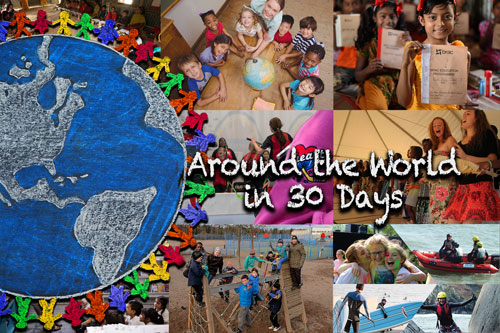
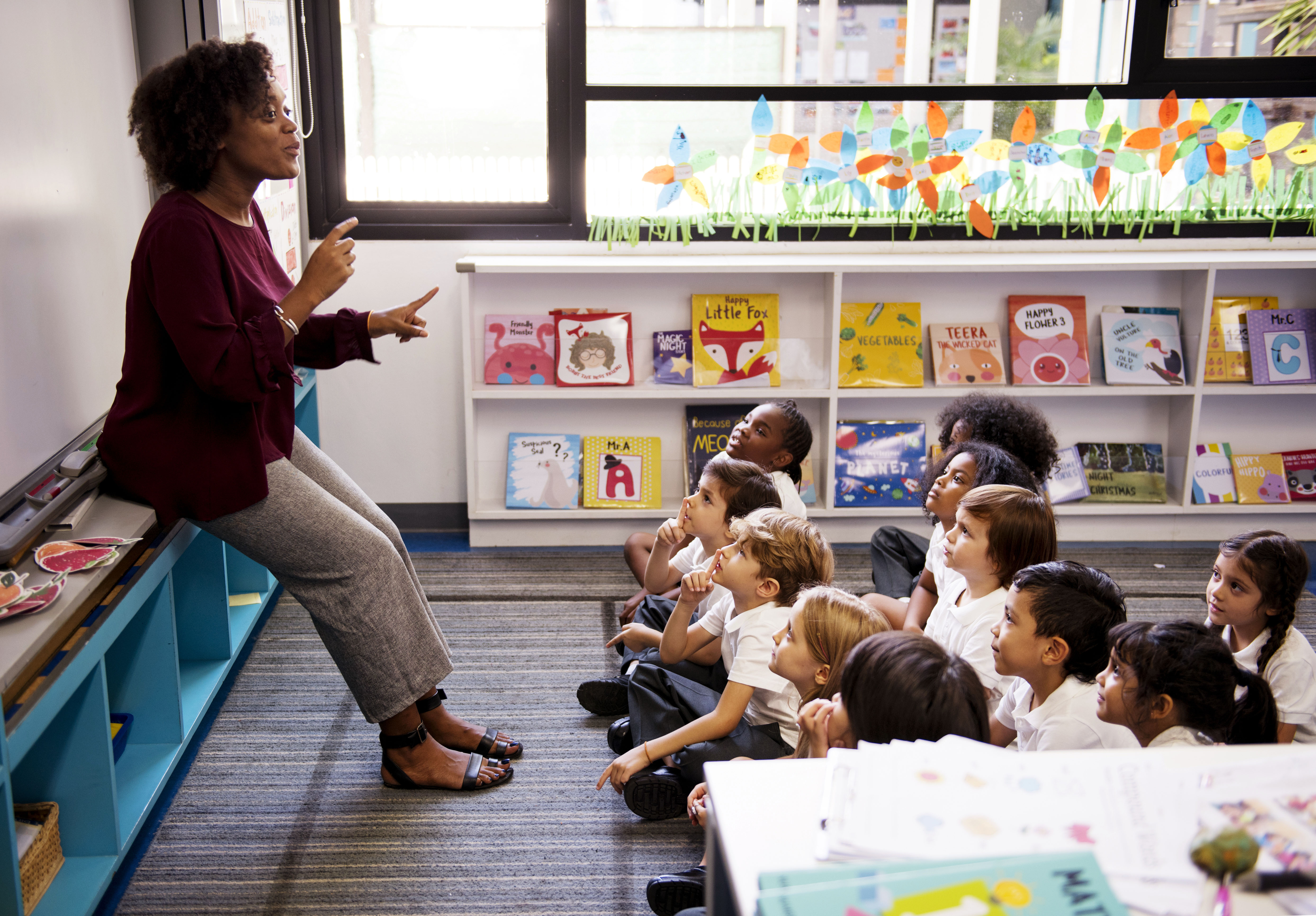
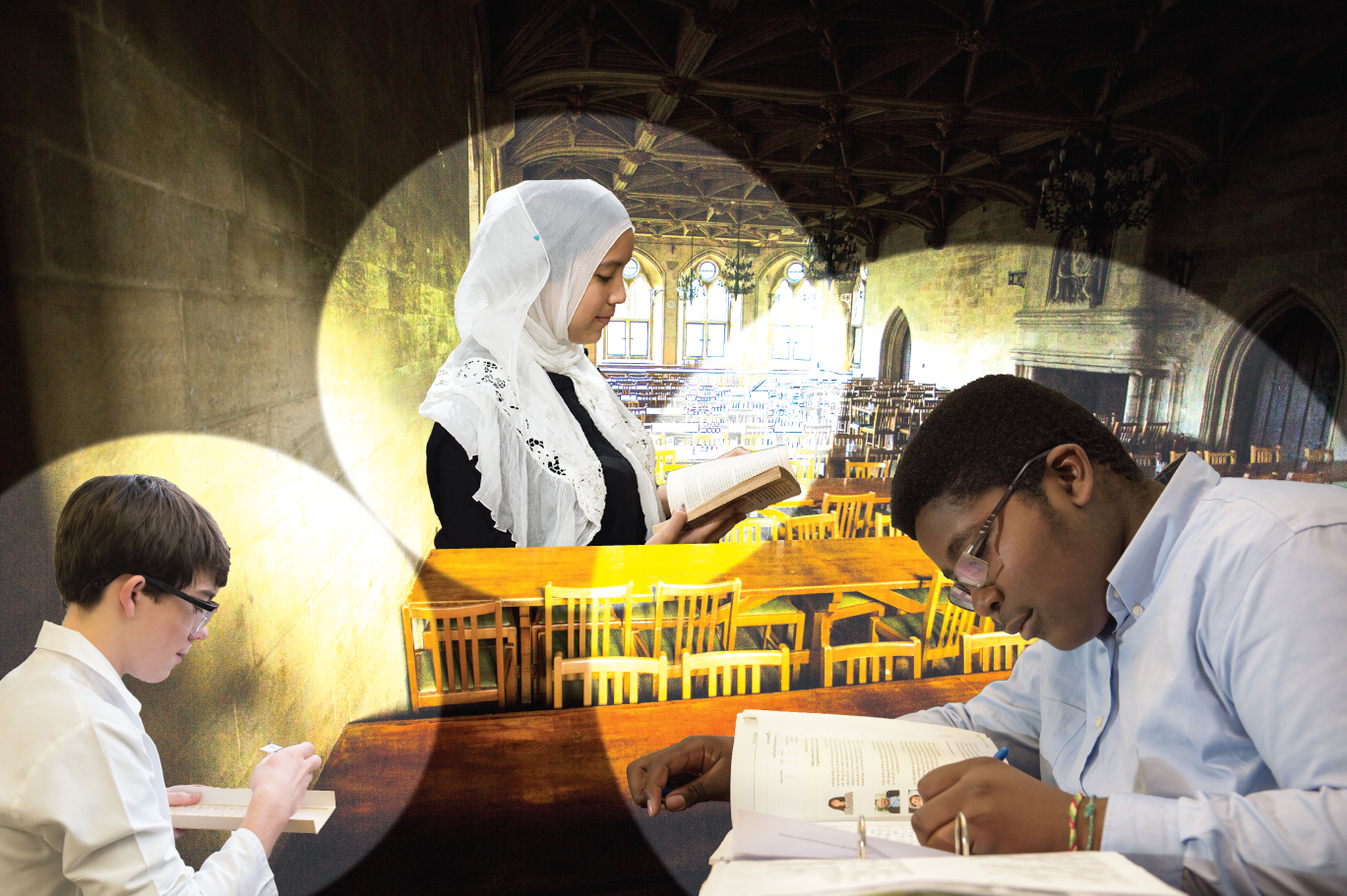
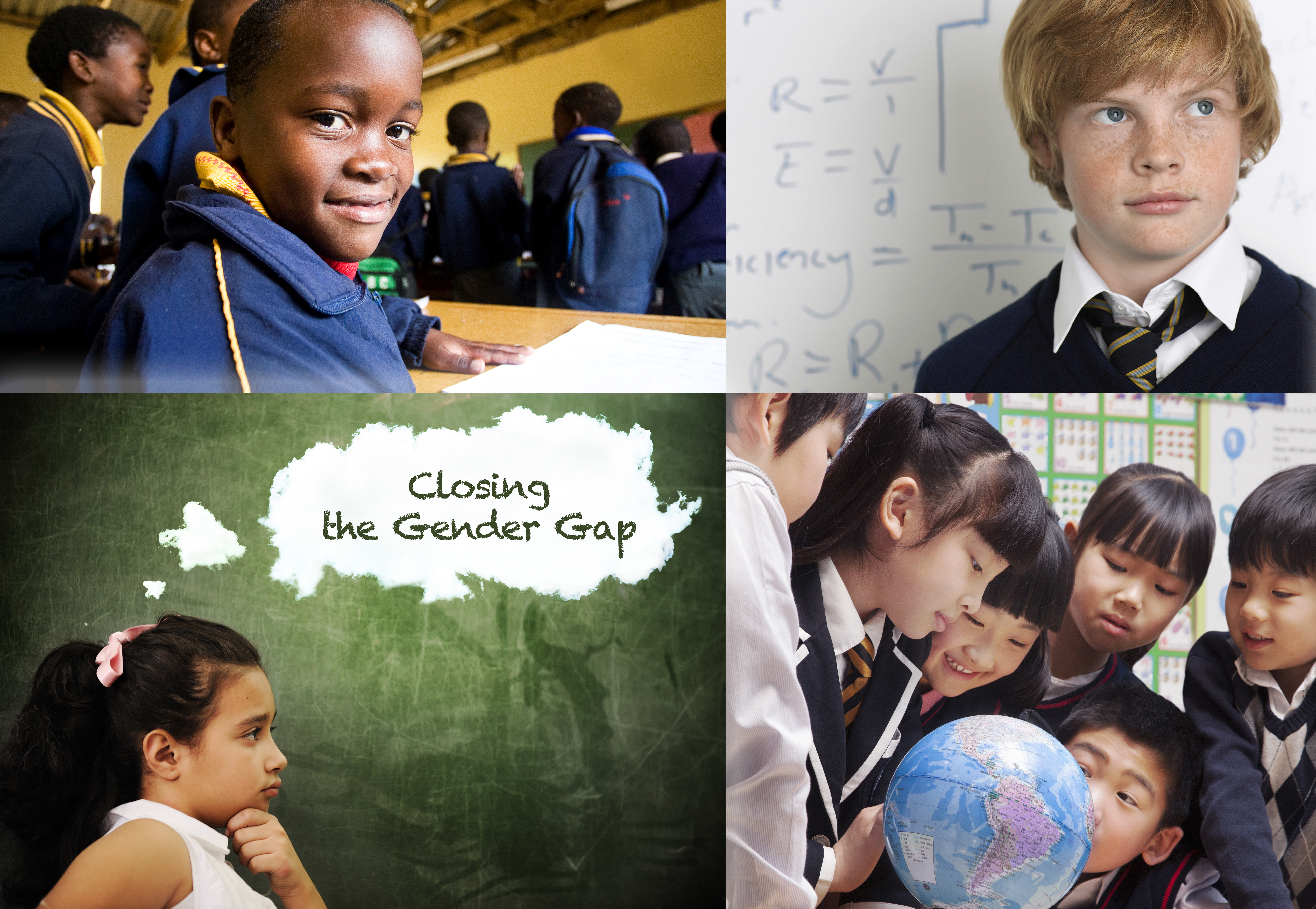
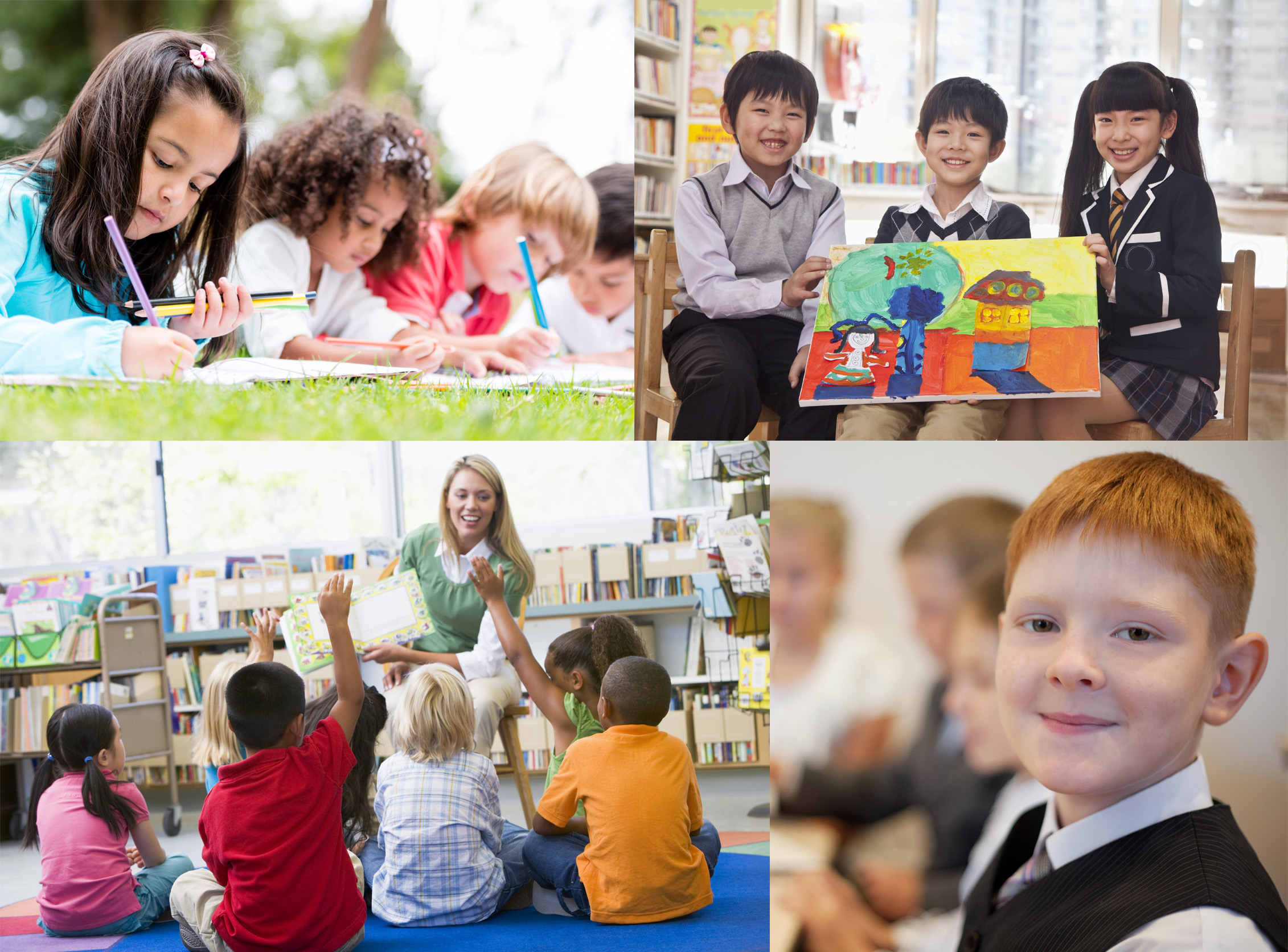
Recent Comments